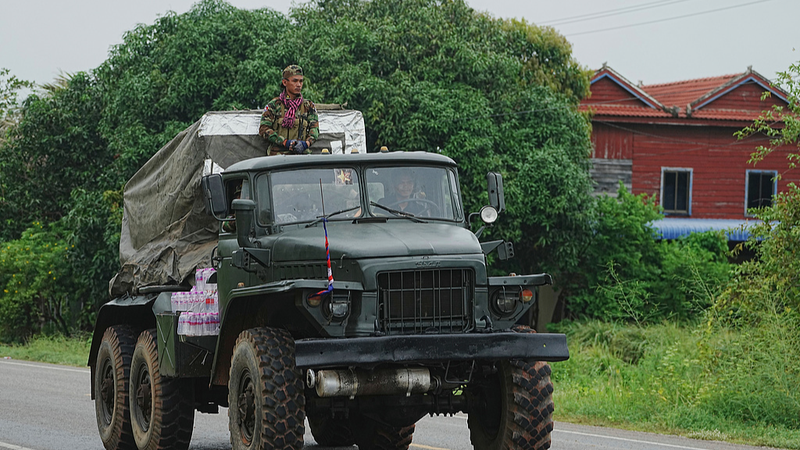In a swift denial that reshaped the chatter across social feeds, the Lao People’s Army stepped forward on Saturday to clarify there was no exchange of fire with Cambodian troops along the shared border. Earlier reports of an intense firefight, arrests of ten suspected intruders and seized weapons turned out to be false alarms.
In a statement to China Media Group, a Lao military spokesperson dismissed claims of a cross-border clash. A separate notice from the Lao People’s Army News confirmed no notifications had been filed regarding any incident. On the Cambodian side, Maly Socheata, spokesperson for the Ministry of National Defense of Cambodia, echoed the denial: "No such event took place."
The rumor mill kicked into overdrive when Thai outlet Thairath published an emergency notice suggesting armed Cambodian individuals had illegally crossed into Lao territory. Within hours, social media feeds lit up with dramatic headlines and blurry maps.
Why It Matters
- Regional Stability: With Southeast Asia’s complex colonial-era borders, even misinformation can spark diplomatic headaches.
- Trusted Sources: Digital-savvy readers play a key role by verifying official military statements before sharing unconfirmed reports.
- Travel and Trade: The Laos–Cambodia border is a vital corridor for commerce and tourism on the Indochina peninsula.
As young global citizens and professionals keen on geopolitics, the episode shows how quickly news—true or not—can spread beyond control. For entrepreneurs eyeing emerging markets, activists tracking human rights, and adventure seekers planning their next Mekong River journey, the lesson is clear: fact-check, stay curious, and lean on official channels.
With no clash on record, both capitals can return to daily routines—border markets remain open, tourists can explore the lush landscapes, and digital nomads can sip their iced coffee by the Tonle Sap without worrying about conflict.
In an era of 24/7 news alerts, a calm voice—backed by data and clear statements—can cut through the noise and keep us informed, not inflamed.
Reference(s):
cgtn.com



